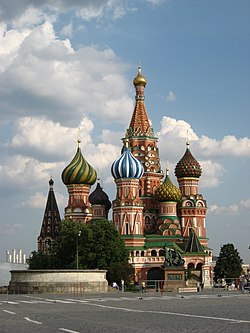Contents
- Incumbents
- Events
- Popular culture
- Sports
- Arts
- Notable births
- Notable deaths
- January
- April
- November
- See also
- References
- External links
This article needs additional citations for verification .(September 2022) |
| |||||
| Decades: | |||||
|---|---|---|---|---|---|
| See also: | |||||
Events from the year 2007 in Russia .




